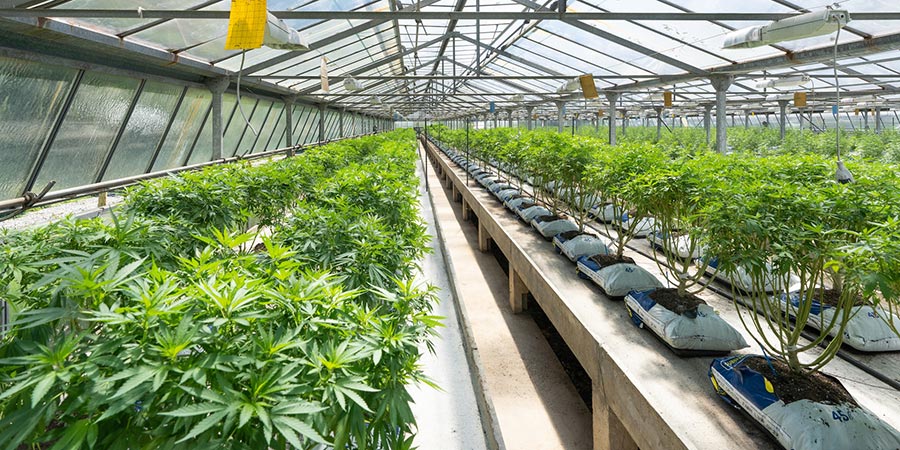With its rapid growth, the cannabis and THC industry faces a unique opportunity to pioneer sustainability in its practices. The call for environmentally friendly measures is not just a trend but a necessity, as industries worldwide pivot towards sustainable models. Amid this shift, HHC gummies emerge as a promising and eco-conscious alternative, offering consumers a guilt-free indulgence in a rapidly evolving landscape of cannabis-infused products.
The cannabis industry, including THC production, can greatly benefit from embracing sustainability in various aspects of its operations. That’s what we’re going to explore in this article.
Without further ado, here are the different ways that the industry can benefit from sustainability:
Energy Efficiency in Cultivation
One of the most energy-intensive aspects of the cannabis industry is cultivation, particularly in indoor facilities. These environments rely heavily on artificial lighting, temperature control, and ventilation, leading to significant energy consumption.
By adopting energy-efficient technologies such as LED lighting and automated climate control systems, cultivators can substantially reduce their energy footprint.
Additionally, harnessing renewable energy sources like solar or wind power not only diminishes environmental impact but can also lead to long-term cost savings.
Water Conservation
Implementing water-saving techniques is crucial for sustainability. Techniques such as rainwater harvesting, drip irrigation, and recycling wastewater can drastically reduce water usage.
Not only does this conserve a precious resource, but it also lessens the strain on local water supplies, which is particularly important in areas prone to drought.

Organic Cultivation Practices
The use of chemical pesticides and fertilizers in cannabis cultivation can have detrimental effects on the environment.
By shifting to organic cultivation practices, the industry can reduce the emission of harmful chemicals into the ecosystem. Organic cultivation not only benefits the environment but also appeals to health-conscious consumers, potentially opening up new market segments.
Sustainable Packaging
The cannabis industry is known for its excessive use of plastic in packaging, which contributes to environmental pollution. Transitioning to biodegradable, recyclable, or reusable packaging can significantly reduce the industry’s carbon footprint.
Sustainable packaging not only reduces waste but can also enhance brand image and appeal to environmentally conscious consumers.
Ethical and Local Sourcing
Sourcing materials and products ethically and locally can have a considerable impact on sustainability.
By supporting local businesses and ensuring that products are sourced from environmentally and socially responsible suppliers, the cannabis industry can reduce its carbon footprint and contribute to the economic growth of local communities.
Waste Reduction and Management
The cannabis industry generates a significant amount of waste, including plant matter and packaging.
Developing effective waste management strategies, such as composting plant waste and recycling programs, is essential. Efficient waste management not only helps in reducing environmental impact but also can save costs associated with waste disposal.
Carbon Footprint Reduction
Reducing the carbon footprint is crucial for any industry aiming for sustainability. For the cannabis industry, this involves looking at the entire supply chain to identify and mitigate sources of greenhouse gas emissions.
This could include everything from the transportation of goods to the energy sources used in production facilities.
Conclusion
The cannabis and THC industry stands at a crossroads where it can either contribute to ongoing environmental challenges or lead the way in sustainable practices. As the industry continues to grow, its commitment to sustainability will be crucial in shaping its role in a more environmentally conscious world.




Average Rating